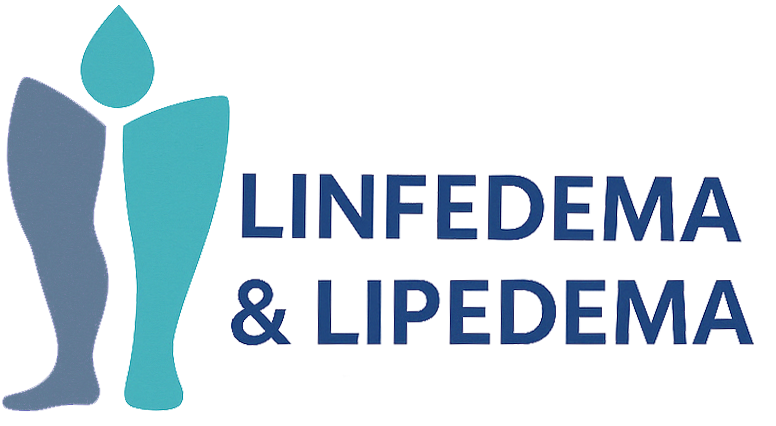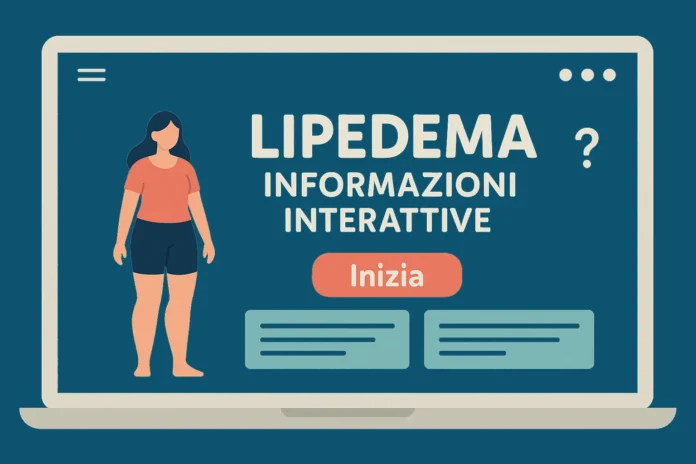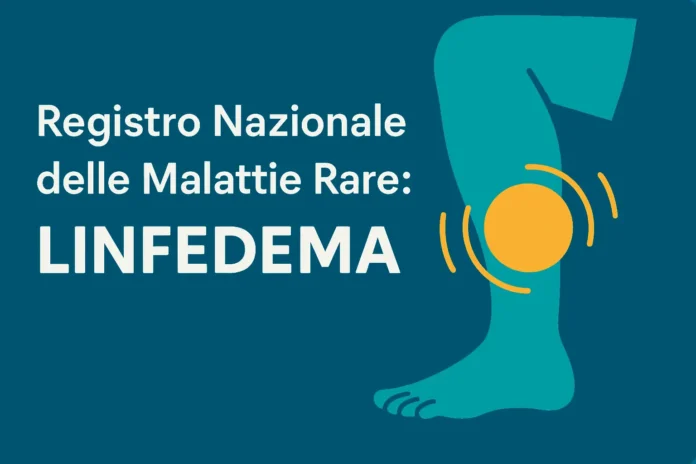Despite growing recognition of lipedema as a distinct adipose-connective disorder, evidence-based medical therapies remain scarce. This narrative review evaluates nutraceutical agents marketed as “fat burners” and explores their mechanistic plausibility for lipedema management. The authors underline that lipedema adipocytes show limited responsiveness to caloric restriction or exercise alone; therefore, adjunct compounds capable of enhancing β-oxidation or attenuating lipogenesis could offer additive benefit. Green-tea catechins and caffeine may raise energy expenditure via sympathetic activation, while carnitine supports mitochondrial fatty-acid transport. Chromium modulates insulin sensitivity, potentially curbing adipocyte hypertrophy, and conjugated linoleic acid favors triglyceride mobilization. Preliminary human data in obesity suggest modest reductions in body mass and waist circumference, but controlled trials in lipedema are lacking and existing results are contradictory. The review stresses prudent integration of supplements with structured dietetic and physical-exercise programs, close monitoring for cardiovascular or neuro-stimulatory side-effects, and the urgent need for randomized studies stratified by hormonal status and candidate gene variants linked to adipose remodeling. For clinicians, these insights frame realistic expectations; for patients, they offer a rationale when discussing over-the-counter products within multidisciplinary care pathways. (pubmed.ncbi.nlm.nih.gov)
Gabriele Bonetti – MAGI’S LAB, Rovereto (TN), Italy
Karen L. Herbst – Total Lipedema Care, Beverly Hills CA & Tucson AZ, USA
Kristjana Dhuli – MAGI’S LAB, Rovereto (TN), Italy
Aysha Karim Kiani – MAGI EUREGIO, Bolzano, Italy
Serena Michelini – Unit of Physical Medicine, Sapienza University of Rome, Italy
Silvia Michelini – Neurosurgery, University of Tor Vergata, Rome, Italy
Maria Rachele Ceccarini – Dept. of Pharmaceutical Sciences, University of Perugia, Italy
Sandro Michelini – Vascular Diagnostics & Rehabilitation Service, Marino Hospital, ASL Roma 6, Italy
Maurizio Ricci – Division of Rehabilitation Medicine, Ospedali Riuniti di Ancona, Italy
Marina Cestari – Study Centre Pianeta Linfedema & USL Umbria 2, Terni, Italy
Michela Codini – Dept. of Pharmaceutical Sciences, University of Perugia, Italy
Tommaso Beccari – Dept. of Pharmaceutical Sciences, University of Perugia, Italy
Francesco Bellinato – Dermatology & Venereology, University of Verona, Italy
Paolo Gisondi – Dermatology & Venereology, University of Verona, Italy
Matteo Bertelli – MAGI’S LAB, Rovereto (TN), Italy; MAGI EUREGIO, Bolzano, Italy; MAGISNAT, Peachtree Corners GA, USA
Tags: Dietary Supplements; Exercise; Female; Humans; Obesity




